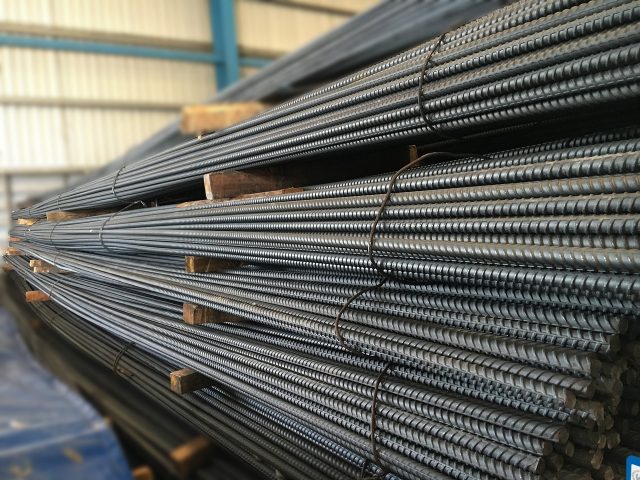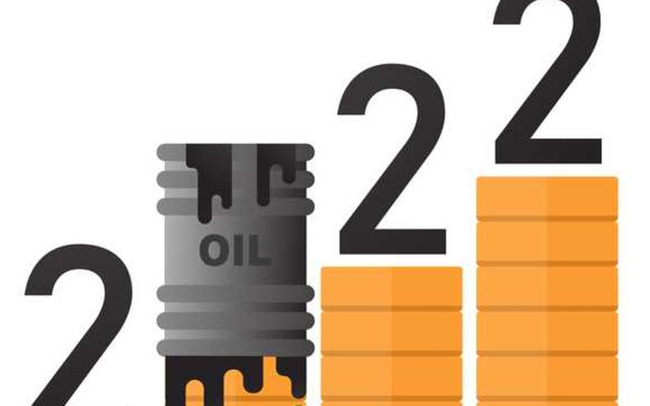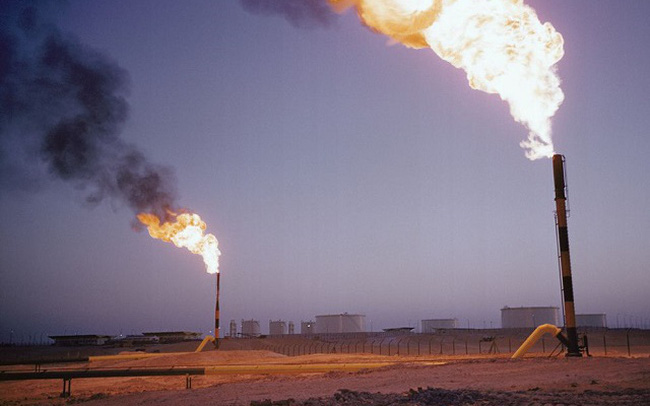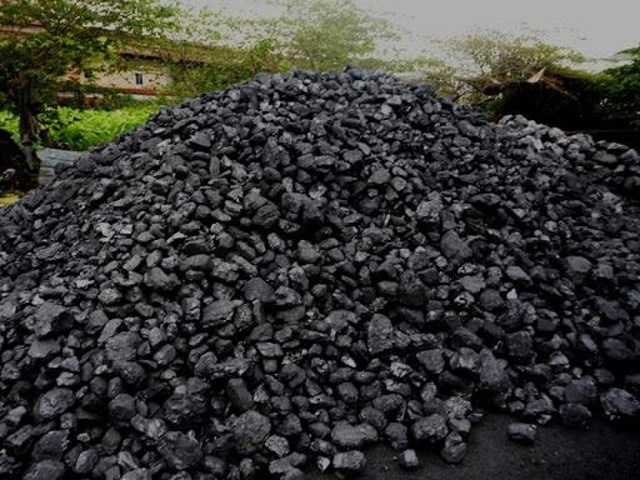The Middle East (including 16 countries) is emerging as a potential export market for Vietnamese businesses with a large population (about 400 million people) and a high standard of living.
Big space
On the afternoon of March 17, information at the Workshop “Golden opportunity for Vietnamese exports to Middle Eastern countries after the Covid-19 pandemic”, said Mr. Nguyen Tuan, Deputy Director of the Investment and Trade Promotion Center (ITPC). ) said that the trade in the Middle East region prospered and grew stronger after the global economic crisis in 2008-2009 due to the recovery of the world economy and the increase in oil prices. At the same time, foreign direct investment (FDI) inflows into this sector also increased, reaching US$681.444 billion in 2010 and US$932.404 billion in 2018. Outward investment by Middle Eastern countries also increased from $234.369 billion to $542,455 billion during the same period.
These countries have huge import demand (ranging from $2 billion to $8 billion) for items such as furniture, plastic products, grains, textiles, footwear, rubber and products. rubber, meat, milk and dairy products, vegetables of all kinds, etc. These are the strong products of Vietnam.
Another advantage when exporting to the Middle East is that the import tax rate is only from 0-5% for goods imported from outside the bloc. Because of this, the Middle East has become a potential market for Vietnam.
On the other hand, Vietnam’s trade relations with the Middle East region mainly focus on the countries of the Gulf Cooperation Council (GCC). GCC countries have an open economy, develop foreign trade, attract foreign investment, tourism, services, diversify the economy, promote import and export.
Mr. Ngo Toan Thang, Ambassador Extraordinary and Plenipotentiary of Vietnam in Kuwait, said that opportunities for Vietnamese businesses in the GCC market are wide open with many advantages. GCC block has large purchasing power, high solvency due to abundant financial resources. The structure of GCC’s import and export products is quite suitable for Vietnam’s strong export products and needs. Import tax of GCC is quite low.
However, the proportion of these products of Vietnam in the import structure of Middle Eastern countries is still low, not commensurate with the potential of the two sides. Besides, the agricultural sector of the Middle East is still underdeveloped due to harsh natural conditions; Because the manufacturing industry is difficult to develop, this area still has to import a lot of food and consumer goods. Statistics show that these countries import about 80% of food items, equivalent to about 40 billion USD/year. By 2035, the total import value of food and foodstuffs of Middle Eastern countries is expected to increase to 70 billion USD/year.
Make good use of export opportunities
As reflected at the conference, currently, many Vietnamese enterprises in general and Ho Chi Minh City in particular are still facing difficulties in accessing the Middle East market such as lack of information, barriers in logistics and international payments. Therefore, businesses need support from Vietnam’s diplomatic agencies in the region as well as trade and investment promotion agencies such as ITPC.
Mr. Nguyen Tuan said that it is expected that in the coming time, ITPC will continue to deploy market survey missions, connect trade and meet modern distribution channels in the Middle East, especially in the Middle East. Vietnam’s two strong export markets today are the United Arab Emirates (UAE) and Kuwait (Korea).
Sharing at the workshop, Ms. Nguyen Thi Ngoc Hang, Marketing Director of Halal Certification Office – HCA Vietnam said that the benefits of Halal certification (an assessment program according to international standards for products/services can have an responsibility) is enormous. It helps businesses meet the requirements when exporting to Muslim countries; build consumer confidence, chosen by consumers (both Muslims and non-Muslims) around the world for meeting both quality control and food safety and hygiene requirements, thereby increasing the target audience of the product; help businesses increase opportunities to participate in the global supply chain of Halal materials and products.
The Halal industry is now very diverse with many products and services, which is an opportunity for businesses to export items such as confectionery; food and beverages; Herbal; cosmetic…
Ms. Nguyen Thi Ngoc Hang also gave some notes for businesses when participating in the Halal certification program. Accordingly, when preparing to register, businesses need to apply Halal to production, paying attention to choosing Halal materials. During the Halal assessment, the review body will conduct traceability of the raw materials and all ingredients present in the manufacturing process. After being certified, businesses also need to pay attention when releasing new products, changing raw materials… must ensure Halal integrity in the production process.
T&G International Joint Stock Company
Address: 352 Hue Street, Le Dai Hanh Ward, Hai Ba Trung District, Hanoi
Hotline: 0345786803
Email: hrm@tginterjsc.com
Website: http://tginternationaljsc.com




















